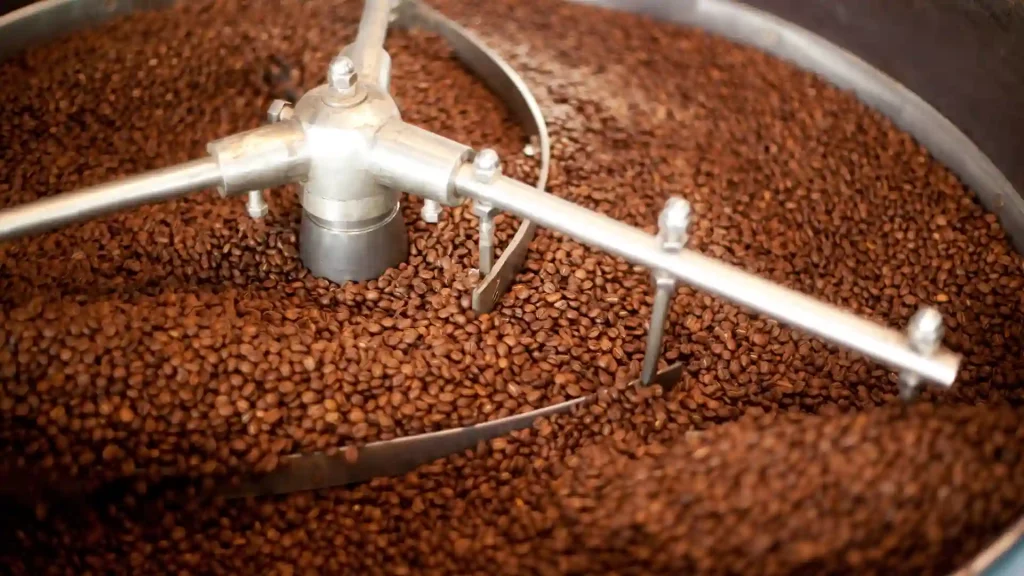Brazil’s coffee stocks are set out for a record low in coffee stocks according to the statement made by Silas Brasileiro, president of the Brazilian National Coffee Council. He also added that the inventories in South America might plunge to 7 million bags by March which is way lesser than the ideal 9 million to 12 million bags weighing 60 kgs according to analysts. Brazil is the largest coffee producer in the world.
Arabica stockpiles held at port depots examined by the ICE Futures US exchange are at the lowest level in many years. Coffee had made its way steadily into becoming one of the most used beverages around the world and shrinking inventories raise concerns to meet the increasing global demand. Brazil’s supply scarcity threatens to increase prices, which adds trouble amid existing food inflations.
Limited global supplies with increased demands lead Arabica coffee to rise around 11 percent per year and are expected to increase further. Even in the domestic markets of Brazil, the cost of bags delivered has increased considerably from previous years. The Wall Street Journal, in August, mentions that the shortfall in crop production could fuel a rise in price. Nelson Carvalheiro, Cecafe Exporters Group board member says that Brazil’s coffee stocks are smaller in number this year and that even if the next year’s crop is good the country will barely be able to meet the world’s coffee demands.
Brazil’s Coffee stocks and produce is Significantly less due to the Dry Climate
The current dip in Brazil’s coffee stock and production is the result of drastic weather changes owing to the La Nina phenomenon that brings more dryness to Brazil. “We just need to have the rain” adds Nelson Carvalheiro concerning the dry climate.
Guilherme Morya, the senior economic analyst for Rabobank, says that Global prices will continue to go up, and the main reason for it would be the uncertainty on Brazilian supply. All the adverse weather conditions add disappointments to farmers who struggle to fill the bag as it requires extra beans due to excessive outer husk.
Brazilian co-op, Cooxupe president Carlos Augusto Rodrigues de Melo expects to have a decline in coffee exports in the first half of 2023 due to lesser harvests in 2022. Conab, Brazil’s National Supply Company is set to update its estimate on the nation’s coffee crop on Tuesday.
